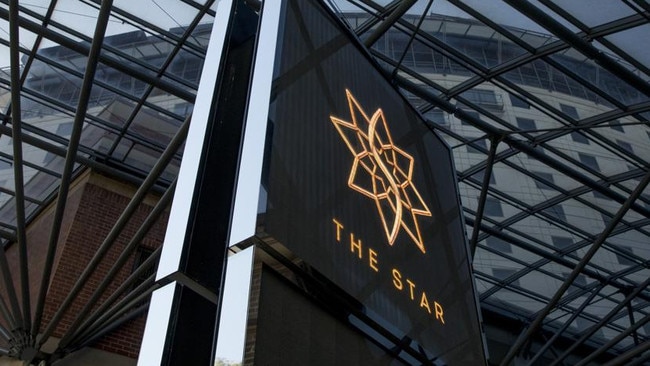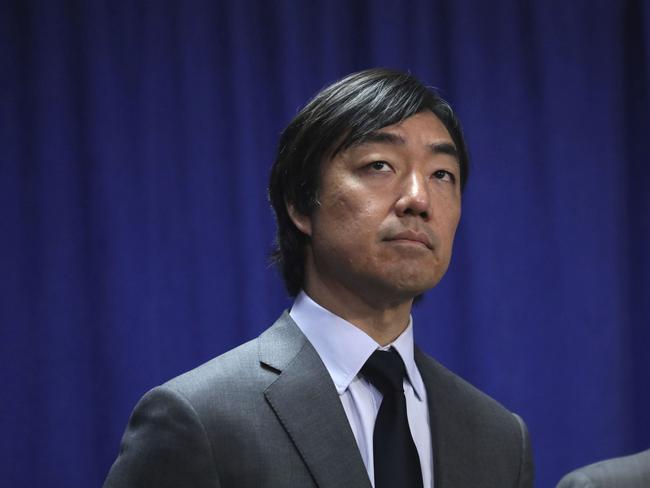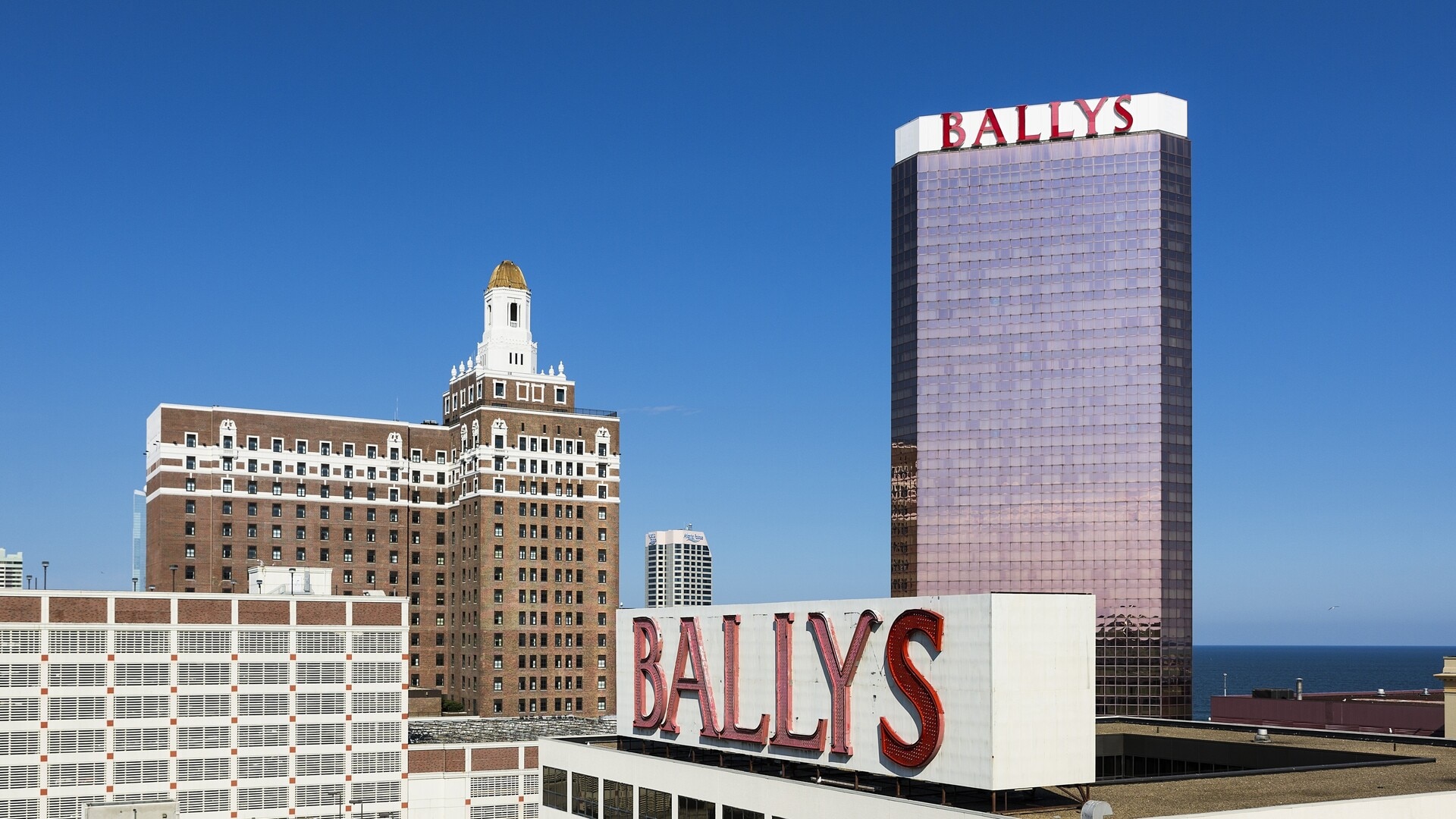Star’s US white knight Bally’s Corp struggling with its own financial challenges
Star Entertainment’s US-based white knight Bally’s Corp is facing its own financial headaches at home but claims it has the strength to close the Australian deal.

Business
Don't miss out on the headlines from Business. Followed categories will be added to My News.
Troubled Star Entertainment’s US-based white knight Bally’s Corp is facing its own financial challenges in its home market.
Rhode Island-based Bally’s, which owns a string of casinos across the US, has faced credit downgrades this year amid soaring debt levels and falling revenue.
S&P Global said that while Bally’s had sufficient liquidity to fund its initial investment in Star, it had ongoing concerns about the high leverage levels needed to fund new projects.
That included a giant $US1.7bn ($2.7bn) casino complex complete with 11 restaurants and a 500-room hotel on the Chicago River.
Fitch last month cut Bally’s credit rating from B to B- on concerns about its growing debt levels, particularly the cost of completing the Chicago project.
Despite these concerns, Bally’s chairman Soo Kim told The Australian his company had the financial strength to complete the $200m Star buyout.
“Clearly before we commit hundreds of millions of dollars, we believe that we can see it to the end,” Mr Kim said.
Bally’s traces its roots back to the 1930s as a manufacturer and distributor of pinball and slot machines. It opened its first casino in Atlantic City in 1979, taking advantage of the legalisation of gambling in New Jersey.
Three more Bally’s casinos opened in the 1980s: MGM Grand in Reno, Golden Nugget Atlantic City, and the MGM Grand Hotel and Casino on the Las Vegas strip.
Now controlled by Mr Kim, a Korean-born hedge fund founder, Bally’s business model is to acquire underperforming casinos and turn them around.
It’s a high-risk strategy that Mr Kim claims has so far paid off, but it is now being questioned by some on Wall Street and others in the finance world.

Like Star in Australia, Bally’s is facing a rapidly changing casino sector. The competition isn’t just other casinos but online gaming operators that do not have the overheads or regulatory burdens of bricks and mortar venues.
“This is not an easy business to operate in but we recognise a challenge,” Mr Kim said.
“We own 19 casinos and all but one we bought someone else’s problems. Every single one was underperforming to what it is doing today. Our management team and our ownership have been doing this for a decade and are very good at it.
“We are very good at identifying opportunities that require an actual turnaround.”
Fitch warns there is an “execution risk” in the company’s development plans, particularly its ambitious Chicago project.
While this was offset by a diverse portfolio of regional gaming properties and interactive business, the rollout of new developments would continue to be a drag on earnings, it said.
Fitch said Bally’s currently had adequate liquidity but the company was obliged to contribute up to $US450m of additional funding to complete the Chicago project.
The Chicago property’s scale, city location and strong demographics should provide a financial boon for Bally’s but key challenges included a saturated Chicago gaming market, high tax rate, and costs associated with any new casino development, it said. Plans for the casino and resort include 3000-seat theatre, a public park and open outdoor spaces.

The casino is expected to open in late 2026 with Fitch expecting a slow ramp-up of operations, which may take several years to reach an adequate return on investment.
Bally’s is already facing headwinds in its domestic market, reporting a company-wide revenue decline of 5.1 per cent to $US580.4m in the last quarter of 2024.
While Bally’s strategy focuses primarily on acquiring underperforming properties at discounted valuations, its properties are typically not market leaders and require ongoing capital expenditure to support their competitiveness.
Bally’s major rival MGM Resorts International boasts higher-quality properties and broader diversification with a strong presence on the Las Vegas Strip. It also has strong liquidity. Another competitor, Wynn Resorts, is less diversified but holds a strong market position in two of the largest gaming markets in the world – Macau and Las Vegas. MGM also maintains strong liquidity to fund future development projects.
Bally’s has signalled it plans to refocus Star on catering to Australian gaming customers rather than trying to attract overseas high-rollers.
Bally’s chief executive Robeson Reeves, who was in Brisbane this week to inspect Star’s Queen’s Wharf precinct, said the company had just been through a “transformational year” as it rolled out new projects.
Mr Reeves said Bally’s would be looking to make the Australian operations more family friendly to boost performance. “We will refine everything,” he said.
More Coverage
Originally published as Star’s US white knight Bally’s Corp struggling with its own financial challenges





